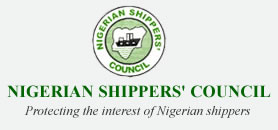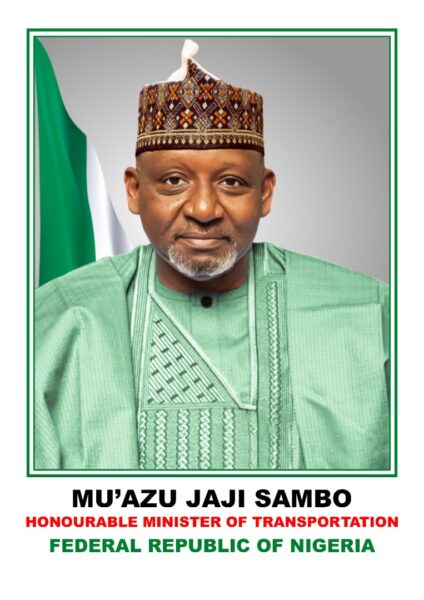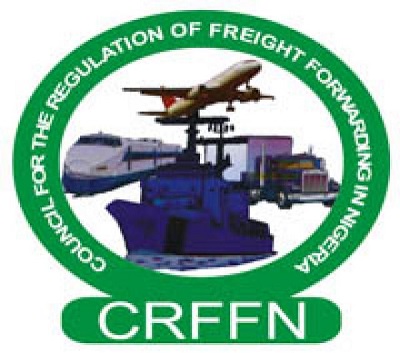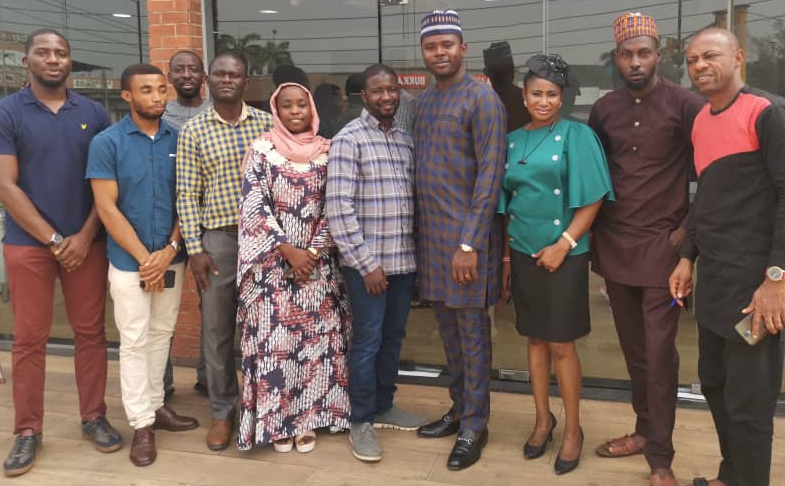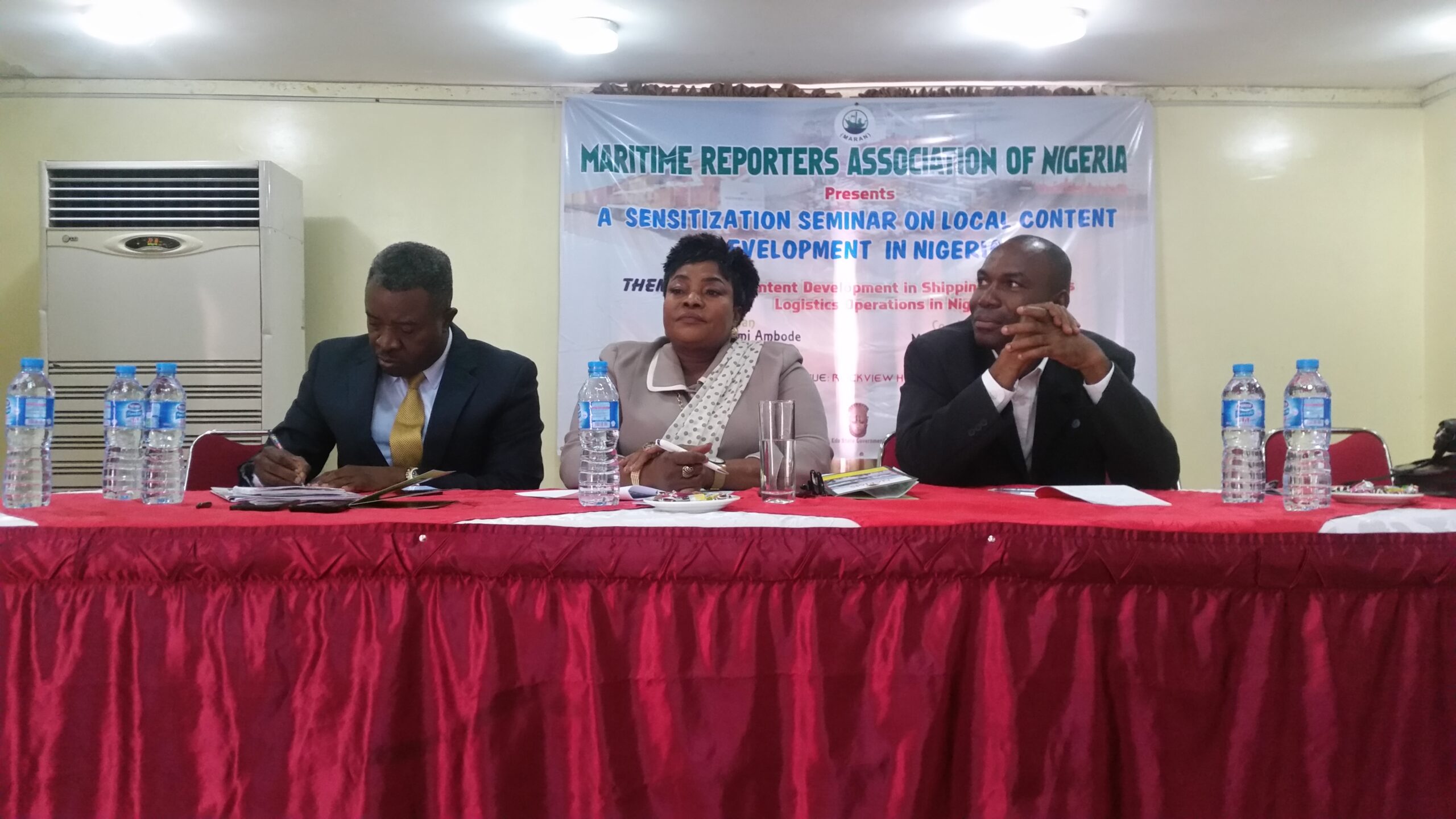Stakeholders Lament Shippers Council Exclusion From Port Concession Review
Maritime stakeholders have lampooned the move by Nigerian Ports Authority (NPA) to exclude the Nigerian Shippers Council (NSC) from the ongoing port concession review, noting that such exercise wouldn’t be holistic.
While Shippers Council said that exclusion of the Council from the planned review of the port concession exercise will deny the country needed technical input that would correct the mistakes of the past, it appears that several port stakeholders are amazed and appalled at the move by NPA to start the review exercise without the Council.
The Executive Secretary of NSC, Hassan Bello, disclosed this in Abuja last week, at the recent West and Central Africa sub-regional workshop and joint standing committee meeting organized by the Union of African Shippers Council (UASC) in conjunction with the United Nations Conference on Trade and Development (UNCTAD).
Bello noted that with Shippers Council does not only possess the technical expertise, but also being a representative of the shippers, it is imperative for the Council to be fully represented in the process leading to the review.
Speaking to MMS Plus newspaper on this development, a former President of the National Association of Government Approved Freight Forwarders (NAGAFF) Chief Eugene NWweke said, “I make bold to fault the composition of the committee as being lopsided and lacking in real and prompt representations of critical interests among the port users”
He urged Shippers’ Council and the National Assembly to immediately set up a joint committee of inquiry, tagged: “The Regulatory Council & Senate Special Probe Joint Committee on Anti Competitive Practices in the Nigeria Port – Post Concession.
According to Nweke, the Report of the committee should be submitted and married side by side with the port Concession review committee.
“I’m still advocating for a modified landlord model concept of port Concession, hence, globally the initiators of Port Concessioning are also remodifing and redefining Types of Port Concession. Any landlord model concept of port Concession without the inclusion of national stake is a mere short change of the masses, via insider trading. I strongly advice for Landlord Model of port concession with stake as obtained in Ghana.
“Review should consider such essential tool as Merger/Consortium – It is investment and operational effective when two or three major terminal operators are requested to merge together under a Consortium arrangement , and then be awarded a major port. In the Consortium arrangement or agreement, national stake should be integrated and represented by way of percentage.
“In Ghana for instance, in Concessioning TEMA PORTS, the GPort Authority requested the APMTERMINALS, Bollere Ports and Ghana Port Authority came together under a consortium to bid for the Tema Port. APM Terminals with 35% stake, BOLLERE Port Terminals 35% and Ghana Port Authority 30%,” he said.
Meanwhile, a terminal operator at Calabar port has called on NSC and Nigerian Ports Authority (NPA) to develop inter-agency relationship and work together for the benefit of the maritime industry.
The source who preferred anonymity stated that the unfortunate trend meant that Shippers’ Council role as port economic regulator wasn’t recognized by NPA.
“Beyond the review of the port concession which should have Shippers’ Council’s input as port economic regulator, this goes to show that there is no relationship between both agencies of government and the industry would suffer for this” he added.
However Shippers Council boss, Bello explained that most of the problems plaguing the concession exercise today is because the process leading to the concession of the ports initially was not made open and the port users were not involved.
According to him, “The review of the port concession is on-going, the Shippers Council is not part of the review of the concession agreement for now. Shippers Council is a representative of so many things; you cannot have any meaningful discussion without the input of NSC”
By Kenneth Jukpor

